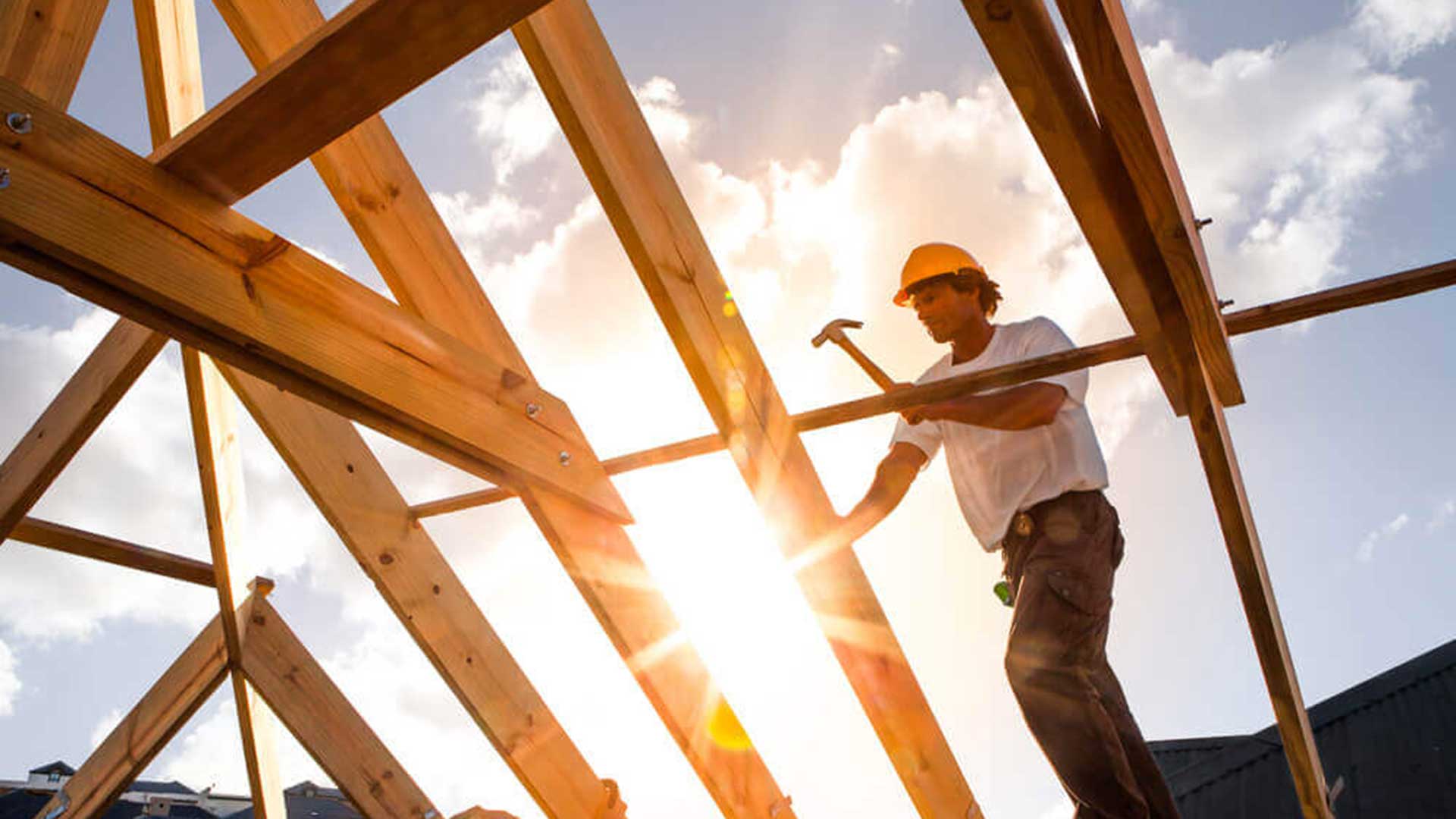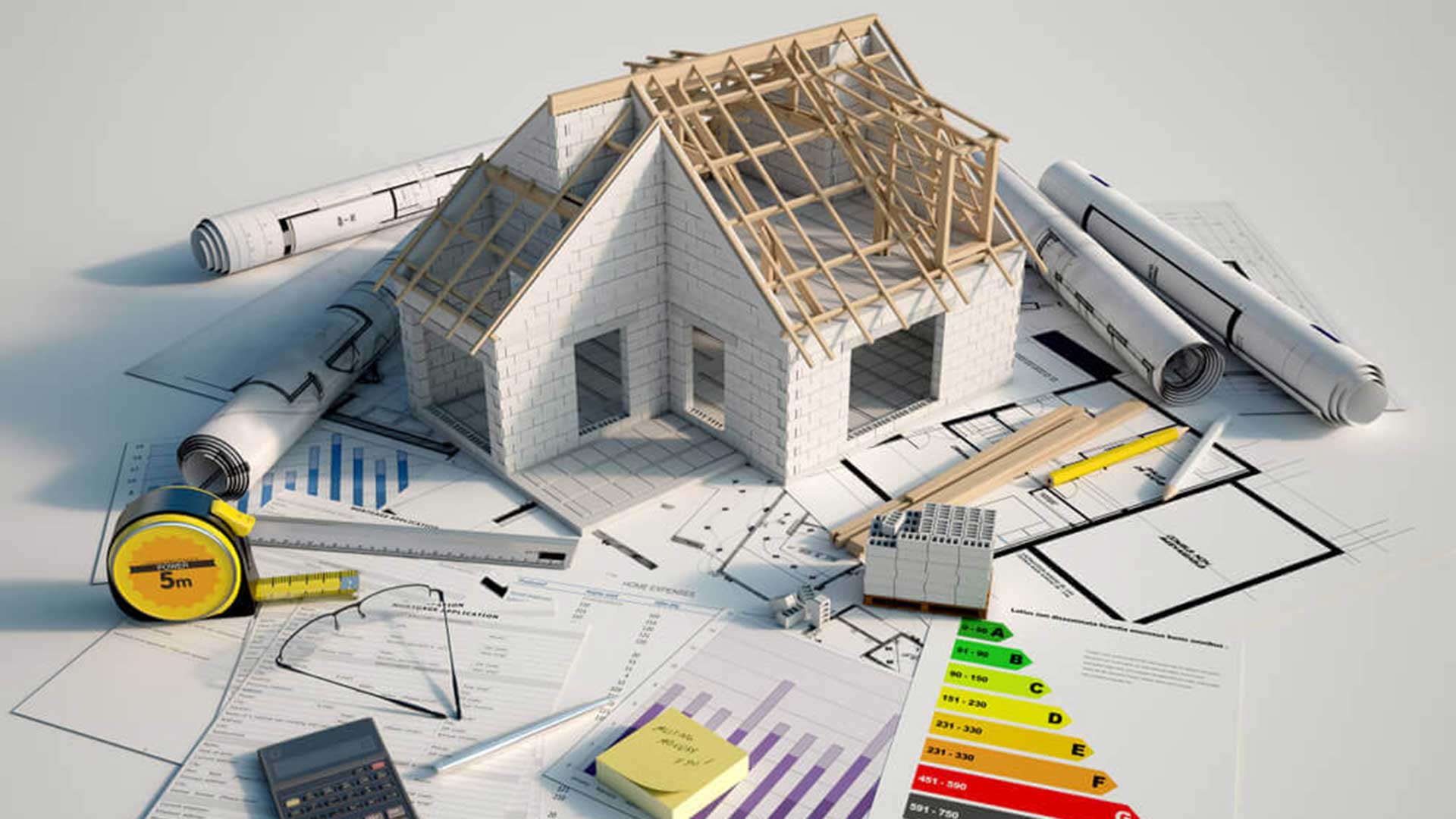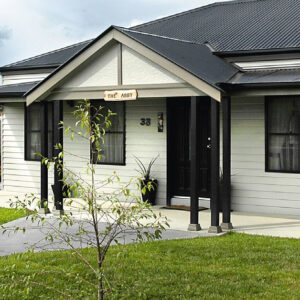Designing and later building a home is an exciting process. For most, it’s even a dream come true. However, all of this excitement can quickly fade if the associated costs begin to spiral out of control.
Instead of watching your savings evaporate, there are ways to control a home building project. In fact, by being well researched, proactive and decisive, it’s easy to have a build come in right on budget.
Understanding and implementing simple tips and tricks go a long way toward reducing stress. Affording you the freedom to enjoy the process of watching a vacant piece of land transform into your dream home.
8 Tips and tricks to reduce costs when building your home
Many may think that controlling the cost of a build is all about compromise. However, this couldn’t be further from the truth. Instead, keeping costs down when building a home is all about smart decision making.
Smart decision making comes from being well informed and clear in your vision for your new home. This in turn allows you to employ simple tips and tricks that will help keep you on budget, right from the word go.
1. Get your finances in order
Before rushing in and making land and house commitments, check your finances. A mortgage is a big commitment that shouldn’t be entered into lightly. The last thing you want is to get into debt for your home and struggle to make other repayments.
Additionally, make sure your existing home has been sold before building. This means you won’t have to furnish two mortgages at the same time. Even if you have to rent in the meantime, this decision will save you thousands in the long run.
Finally, build a budget. Work out the amount you can comfortably spend while still building a great house. Once you’ve set an amount for the budget, allow for a contingency amount. This way, you have the money necessary should unforeseen building costs arise.
2. Choose a block of land wisely
A block of land can quite literally make or break your build and the associated budget. To make the best decision possible, start researching the area you are interested in buying into. Look at the area in terms of growth and current infrastructure, does it match your lifestyle?
Once you’ve researched the area, it is time to assess the block of land itself. Survey the land for easements. Conduct soil testing to ensure you choose the most appropriate foundations for your home. Understand if the land is sloping or not. If so, the build will be more costly.
Given that Australia is a country of extremes, before purchasing land, it’s important to also understand and assess the risk of bushfires and flooding. These dangers can be avoided by consulting Geoscience Australia which can help determine flood and bushfire zones.
Finally, when it comes to the piece of land, find out what restrictions and zoning regulations are in place. By being informed early, you can amend plans before soil is broken, saving money in the long run.
3. Find the right builder
Much like finding a piece of land, finding a builder can really make or break your build. A good builder will work collaboratively and to a set time frame. Helping you manage costs and inconvenience. The wrong builder will be hard to talk to, with limited on-site presence.
When hiring a builder, ask key questions and be provided with references. Ensure any builder you speak to is registered with the proper certification and insurance. Finally, make sure that your builder has enough time in their schedule to accommodate your build.
4. Leave out extra features
Leaving out extra features isn’t about compromising. Rather, it’s about making smart investment decisions in your home. Multi-level pitched roofs, cathedral ceilings and ornate cornices can add tens of thousands to the total and for what purpose? Aesthetics only.
5. Source materials on your own
Builders are able to enjoy access to bulk materials at wholesale prices. However, for items that are not purchased in bulk, you may be able to get a better deal by shopping around and asking for quotes.
Source appliances like ovens and stoves on your own. By shopping around you may be able to find the perfect appliance on sale. You may also want to source your own water heaters and radiators as stock models from builders are traditionally quite expensive.
6. Never accept the first quote
When shopping around for builders, contractors and materials, never accept the first quote. Contact different companies in order to get quotes and then leverage these quotes in order to get the best price possible.
7. Complete finishing touches yourself
Contrary to belief, not every task involved with building a home requires a specialist builder or contractor. This is good news for home builders as this provides yet another way to save money.
For example, pick up a paintbrush and paint the feature walls yourself instead of hiring someone to do it. Get your hands dirty in the garden and finish off the landscaping. Screw the handles onto the kitchen cabinetry. Doing simple tasks yourself could save hundreds.
8. Stick to the plan
One last tip? As best you can, stick to the plan. Changing your mind once work begins is an extremely costly endeavour. In fact, plan amendments don’t just incur material and labour costs, builders will also charge a premium of around 20%.
Sticking to the plan may seem like an uphill battle, however, it’s made easier by thoroughly researching, planning and defining your style, wants and needs before work begins. This way, you have a clear plan in place that perfectly accounts for lifestyle and other variables.
Building your dream house without breaking the bank
Many people hold aspirations to build their own homes. However, a major deterrent is that of cost. Instead of compromising on your dreams and buying an established house, approach building a house in a different way.
By meticulously planning out details, hiring the right team, finding the perfect piece of land and building a dream home on said land, costs dramatically decrease. Better still, no design or construction compromises need to be made.
At Kitome we can help you through this process. Our team of expert consultants will assist in how to best meet your property needs. Contact us today or download our brochure for more information and inspiration.





